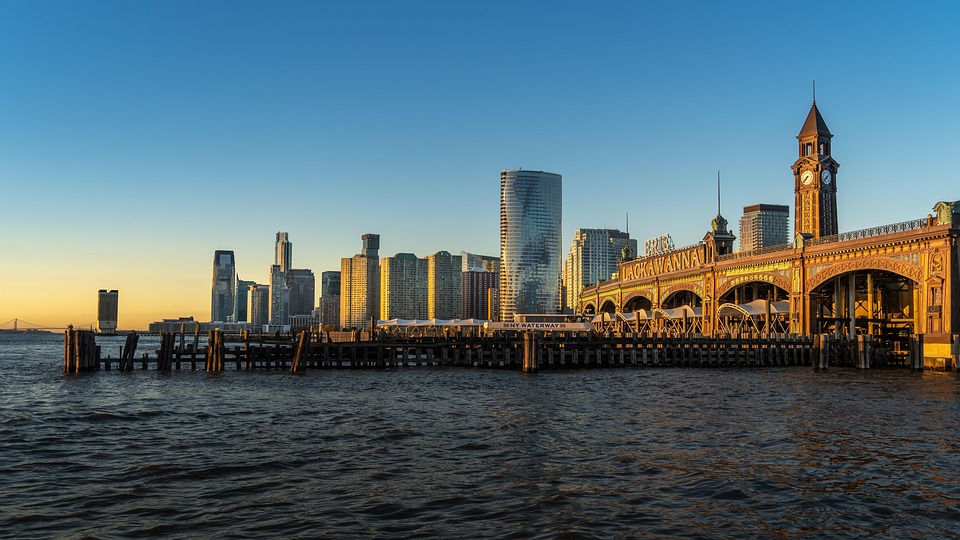The vast Qatar National Convention Center (QNCC), filled with delegations, students, civil society groups and policymakers from around the world, reflects the magnitude of the moment.
Nearly 14,000 participants are registered for the Summit, which brings together governments, international organizations and community stakeholders to shape a people-centered vision of social development over the next decade.
Education as a foundation
A high-level event, Education as the Foundation of the New Social Contract, set the tone for the day. Her Highness Sheikha Moza bint Nasser delivered a keynote address calling for a renewed commitment to education as a starting point for justice and opportunity.
Citing the 272 million children currently out of school, many because of conflict, she said progress is impossible if exclusion persists.
“Education is not a luxury, nor a favor to be granted,“, she declared. “It is a right – and an existential question for the future of nations.”
UN Secretary-General António Guterres reinforced this message, describing education as “the best tool we have to combat poverty”. But he warned of widening inequality, chronic underinvestment and a global shortage of qualified teachers.
We must repair the “cracks in this vital foundation,” he said, calling for closing the digital divide, strengthening support for teachers and treating education not as a cost but as a strategic investment.
Later, during a press conferenceMr. Guterres stressed that rebuilding education systems will be essential in crisis situations, notably in Gaza and Sudan.
“Education must be a central pillar of any reconstruction project in Gaza,” he said.
Presidents of Kenya, Albania and Palau participate in high-level education event.
Dialogue of the presidents
The session also included a high-level dialogue with the The Presidents of Kenya, Albania and Palau, who stressed that education is an investment in human development and future growth.
Kenyan President William Ruto called for aligning education with labor market and digital needs; Albanian President Bajram Begaj stressed that education is a universal right; and President Surangel Whipps of Palau highlighted the importance of ensuring access in remote and island communities.
Solutions through the Summit
Throughout the venue, solution-focused sessions explored practical pathways to expanding opportunities and social protection.
In a flagship session on universal social protection, UN Deputy High Commissioner for Human Rights Nada Al-Nashif stressed that social protection is “not charity, but a human right”essential to equity and resilience.
She highlighted progress in extending coverage to informal workers and urged international financial reforms to protect public investments. “Practical solutions are within our reach,” she said. “Let’s transform our commitments into actions. »
The women and children of a village go to fetch water from a well. Such tasks keep children out of class and prevent women from engaging in formal sectors.
New political approach to poverty
The United Nations Development Program (UNDP) introduces a new analysis urging governments to exceed traditional poverty lines.
Its policy brief proposes establishing “thresholds of prosperity” – ensuring that people can not only escape poverty, but also remain resilient in the face of shocks such as illness, job loss or climate-related disasters.
According to the analysis, 411 million people could move from poverty to basic security by 2030 if countries pursue job-intensive growth, adaptable social protection and policies that improve wages and working conditions.
“With decisive and integrated action, we can break the cycle of vulnerability and ensure lasting prosperity. The past 30 years have shown that progress is possible,” said Haoliang Xu, Acting Administrator of UNDP, referring to the 1995 Copenhagen Declaration, which was the first to set global commitments on social development.
Implementation time
From youth dialogues to discussions on digital inclusion, nutrition, disability rights, decent work and aging societies, participants returned to a common message: progress is possible, but it must be anchored in real-world needs.
The leaders who adopted the Doha Political Declarationattention is now focused on translating commitments into actions and investments.
UN News is on site in Dohaproviding ongoing reporting throughout the Summit.
Originally published at Almouwatin.com






